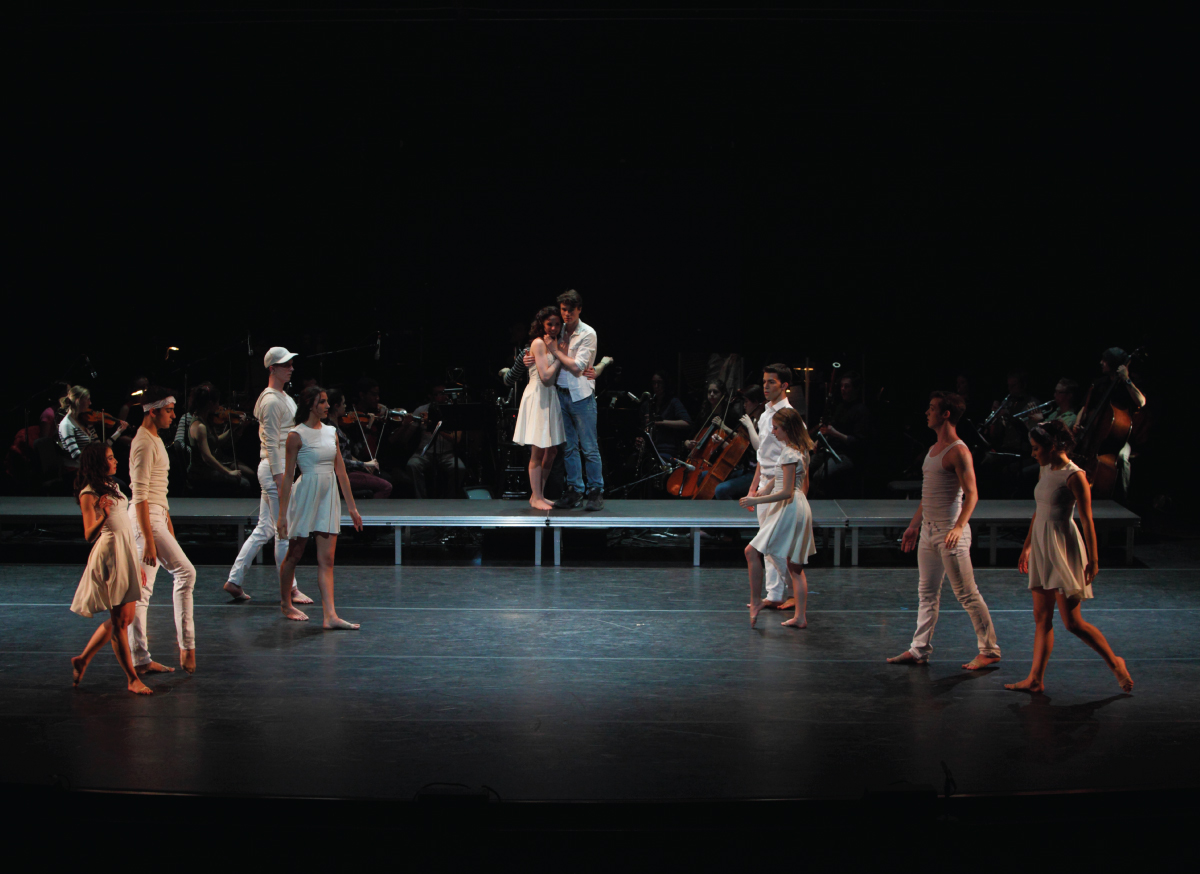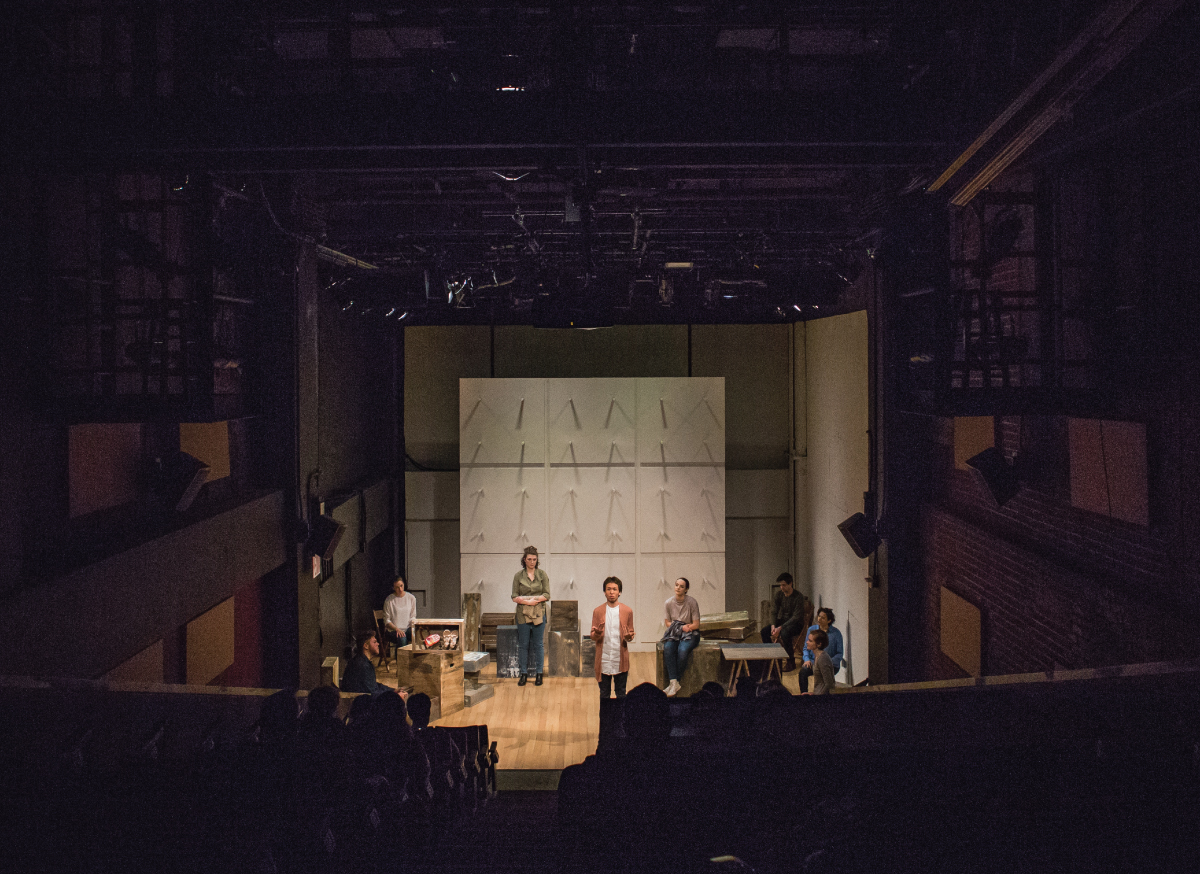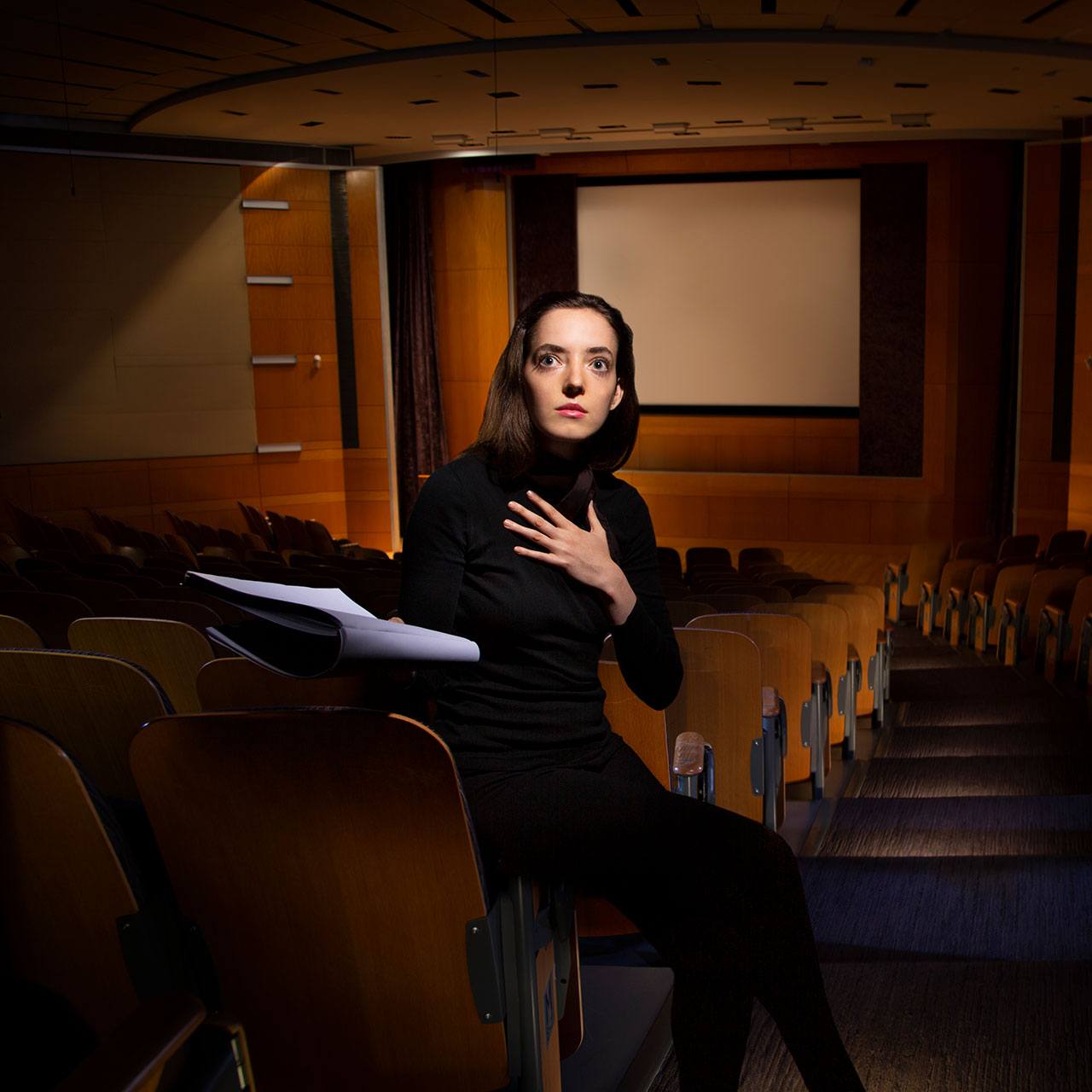
Among drama programs, the BFA in Theatre at the NYU Tisch School of the Arts is the gold standard. This unique program combines intensive conservatory training with robust intellectual discovery to ensure all students are equipped with the professional tools they need to succeed after graduation. Along the way, students have ample opportunity for real-world experience and networking. All in one of the world’s richest cultural hubs and the seat of US theatre: New York City.
“NYU Tisch Drama offers rigorous training for curious artists,” says Professor Rubén Polendo, chair of the department. “We provide artistic, intellectual opportunities that inspire and enable students to collaborate across disciplines in inclusive and generative ways.” How? Through the program’s demanding curriculum. Three distinct components constitute the curriculum: professional training; academic exploration, including theatre studies, general education requirements, and electives; and production opportunities. Taken together, students gain both creative and analytical skills, preparing them for sustainable careers in the competitive performing arts field.
A Comprehensive Curriculum
Conservatory training is at NYU Tisch Drama’s center. With 10 professional studios, each of which has a specific methodology and approach, students gain exposure to various creative techniques. When students join the program, they’re placed into one of eight primary training studios. There, they study for four consecutive semesters, building foundational skills based on their studio’s curriculum. Each studio focuses on a different approach to acting, musical theatre, directing, production, design, and management. Once primary training is complete, students study at an advanced level, either by continuing in their primary studio or joining a different one. They can also explore study abroad and internship opportunities.
Alongside their studio work, Tisch Drama students must complete significant coursework in theatre studies. This introduces them to the historical, theoretical, and practical work central to the analysis of theatre and performance. What’s more, it prepares them for the field they plan to enter. Conservatory training provides students with an essential foundation for career practices and an intellectual framework for their creative pursuits.
In addition, students can take general education and elective classes at almost any of NYU’s schools and programs. Therefore, drama students can explore their passions outside of theatre and build a balanced academic portfolio that prepares them for success in the performing arts—and beyond.

Production at the Heart
According to Professor Polendo, while student coursework is the backbone of NYU Tisch Drama, “production sits at the heart of the department. Production offers students practical performance opportunities with which to engage theory and training.” Each year, Tisch Drama stages more than 100 productions ranging from main-stage productions to student-led classroom projects. So there is no shortage of opportunities for students to get involved.
Building Sustainable Careers
The department’s Office of Career Development and Alumni Engagement, which offers students the tools they need to build a sustainable career in entertainment, supports this extensive curricular work. The office provides students with internship, mentorship, and networking opportunities with Tisch alumni and New York City’s top performing arts professionals as well as more tactical assistance with getting auditions and internships.

Success Occurs at the Highest Levels
As a rigorous studio conservatory program with the broad backing of NYU’s renowned resources and global network, NYU Tisch Drama is one of a kind. With this rich foundation, it’s no surprise that many graduates go on to achieve great success. And as alumni win Oscars, Tonys, Emmys, and Grammys, they also pave the way for future generations of Tisch Drama students.



